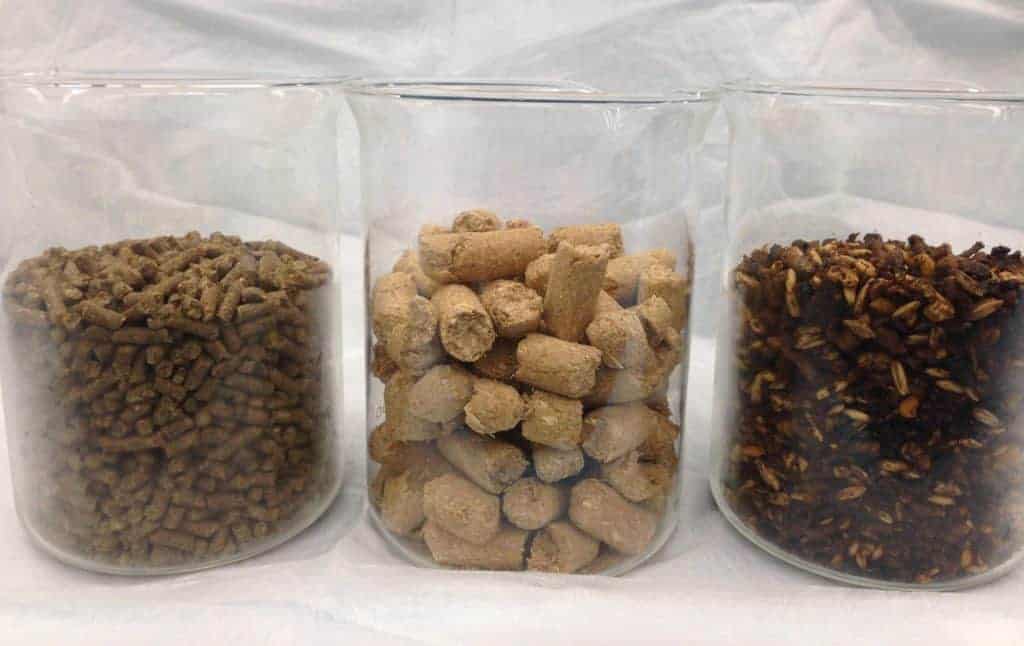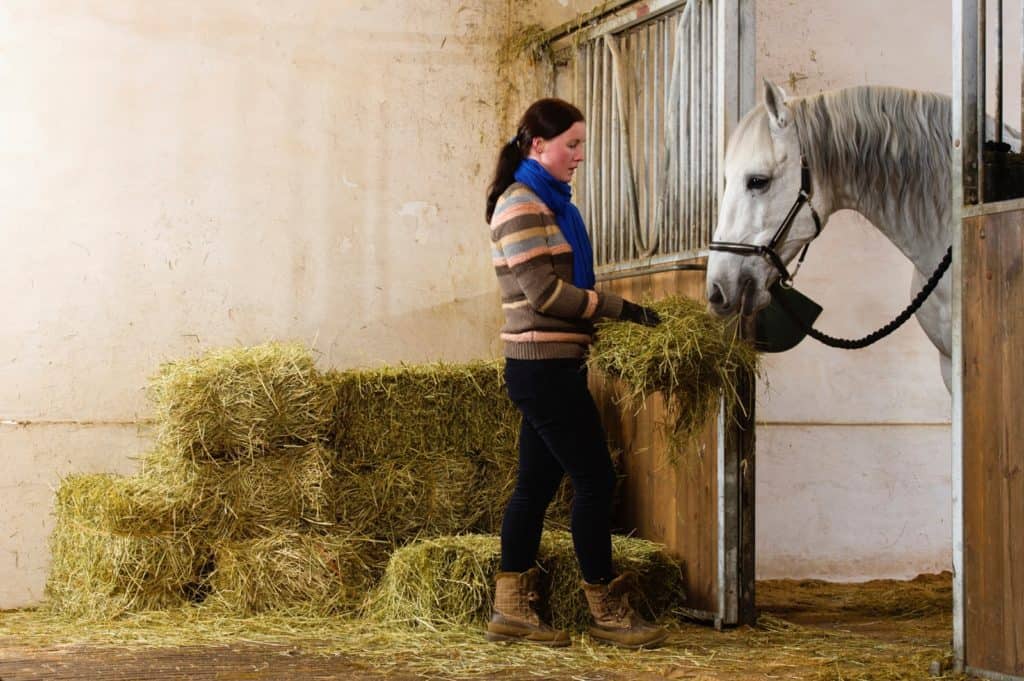
How Well Do British Owners Understand Equine Nutrition?
A recent survey suggests that many horse owners have a poor understanding of equine nutrition.

A recent survey suggests that many horse owners have a poor understanding of equine nutrition.
Robert Jacobs, PhD, will conduct nutritional research that he hopes will help horse owners achieve their goals.

Researchers found that horses’ sugar intake from texturized and pelleted products was relatively similar.

Increased vigilant behavior was correlated with intestinal microbial disturbances induced by a high-starch diet.

Growing horses require specific nutrients, vitamins, and minerals to aid in proper development.

Here’s how to help your horse make the switch from pasture to hay as easy and healthy as possible.

Learn about the 21 amino acids that form proteins in your horse’s body and why they’re crucial to his health.

Being prepared in advance can help horse owners handle this scary situation as well as possible.

Care for horses under the age of 4 with their future health and performance in mind.

Basing a horse’s diet on forage allows him to function as evolution and nature intended. Here’s where to start.

Obesity is not just a cosmetic issue. It’s a health issue. Learn how to modify your horse’s diet to help him slim down.

Owner-managed weight loss in horses with EMS reduced both insulin resistance and susceptibility to laminitis.

Researchers found that 59.2% of horses aged 11 to 15 had hooks, 30.8% had wave mouth, and 26.7% had periodontal pockets.

Fumonisins are dangerous mycotoxins sometimes found in feed. Here’s what to watch for and how to protect your horse.

Feeding a balanced diet and ensuring nutrient replacement after exercise are imperative to keep horses performing well.
The symposium featured research on equine nutrition, exercise physiology, reproduction, management, and more.
Stay on top of the most recent Horse Health news with
"*" indicates required fields